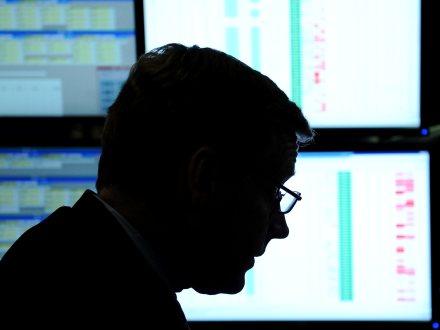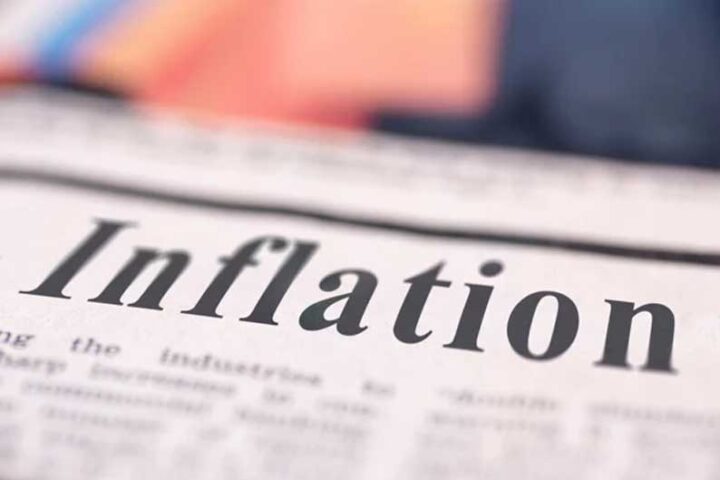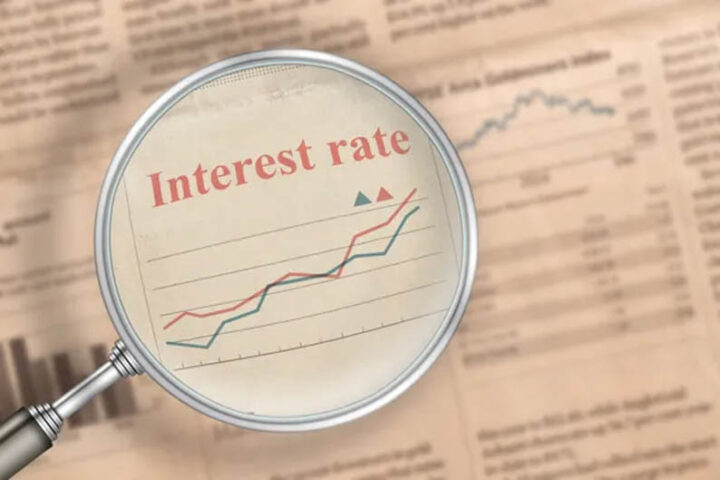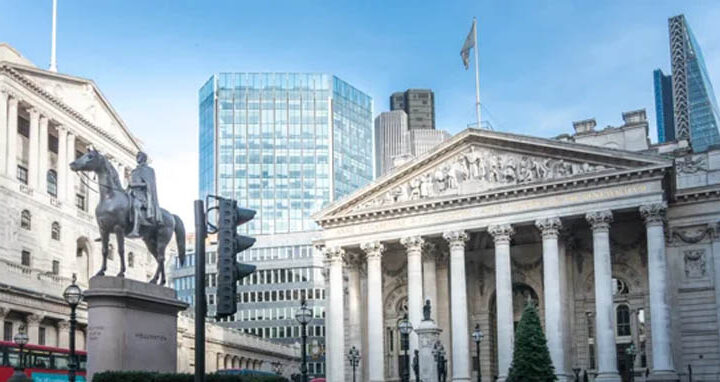By Hussein Sayed, Chief Market Strategist at FXTM
2019 has certainly been a year to remember in financial markets. Geopolitical issues have been at the centre of news headlines, dominated by the US-China trade dispute, threats of a hard Brexit and demonstrations across many countries. Fears of a global recession escalated when the US Treasury yield curve inverted in August for the first time since mid-2007. The combination of these factors weighed heavily on business sentiment and economic growth.
That said, global equity markets still had a phenomenal year with the MSCI World Index, which tracks companies in 49 countries, hitting a record high and rising 25% in 2019. Thanks to monetary and fiscal policymakers who have intervened to restore confidence, 2019 has seen the fastest pace of central bank easing since the financial crisis in 2008. Moreover, the agreement of a “phase one” trade deal by the US and China and more clarity on Brexit have encouraged risk-taking into year-end.
The ageing bull cycle likely to last a little longer
Loose monetary policy, de-escalation in the trade war and less fears around a hard Brexit are likely to stabilise business sentiment and global manufacturing activity in the first half of 2020. This should lead to above trend-growth in the second quarter of next year with the main beneficiaries being emerging markets, particularly countries tied to China’s supply chain.
In such an environment, expect stock market performance to remain positive, although lower returns are expected compared to 2019 given that equities have already discounted significant improvement in economic activity. Meanwhile, fixed income returns may come under pressure, especially in developed economies, as yield curves steepen and investors position for the reflation trade as inflationary pressures re-emerge.
Risks that could upset a potential recovery
Trade disruption remains the number one risk that could threaten the economic recovery and increase the chance of a recession in late 2020. We still believe that both US and China have incentives to improve trade relations. President Donald Trump wants to keep stock markets buoyant ahead of his 2020 re-election campaign, which means he needs to lift the economic uncertainty that trade tensions pose. However, the unpredictability of the current US administration makes it difficult to guarantee that trade talks will continue moving in the right direction. Any re-escalation in trade tensions may cause a fatal blow to economic activity and global equity markets.
Another risk that could lead to a similar scenario is a central bank policy error. After the Fed tightened financial conditions in 2018, we saw one of the most turbulent sell-offs in financial markets in years. So, central banks in 2020 will have little room for error. If they believe that conditions have materially changed opening the way for rate rises, we may see a repeat of the 2018 meltdown.
Finally, investors need to keep an eye on geopolitical risks, whether it’s the unrest in Hong Kong and elsewhere, possible conflict in the Middle East or further fragmentation in the European Union due to the rise of populists. Many of these risks have the potential to become a black swan event.
For information, disclaimer and risk warning note visit www.ForexTime.com
FXTM Brand: ForexTime Limited is regulated by CySEC and licensed by the SA FSCA. Forextime UK Limited is authorised and regulated by the FCA, and Exinity Limited is regulated by the Financial Services Commission of Mauritius










